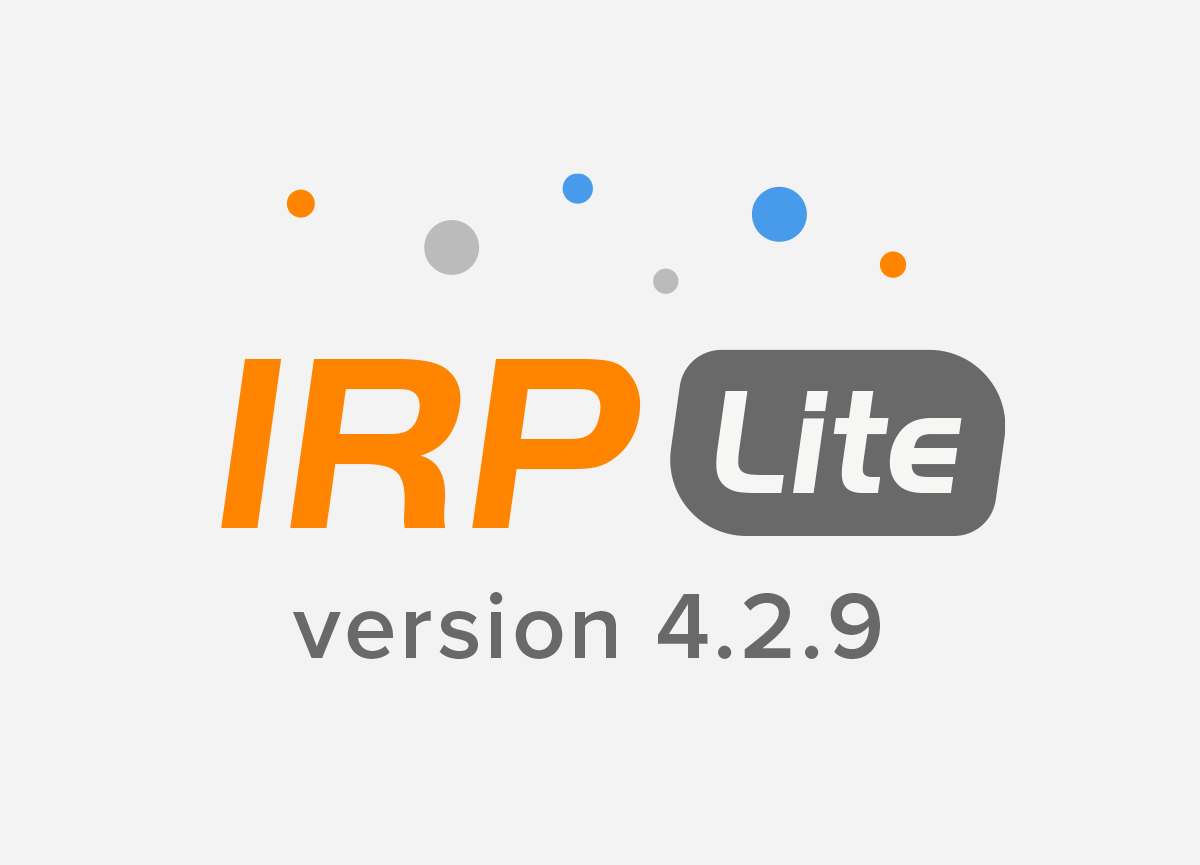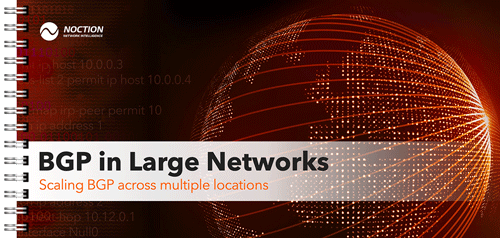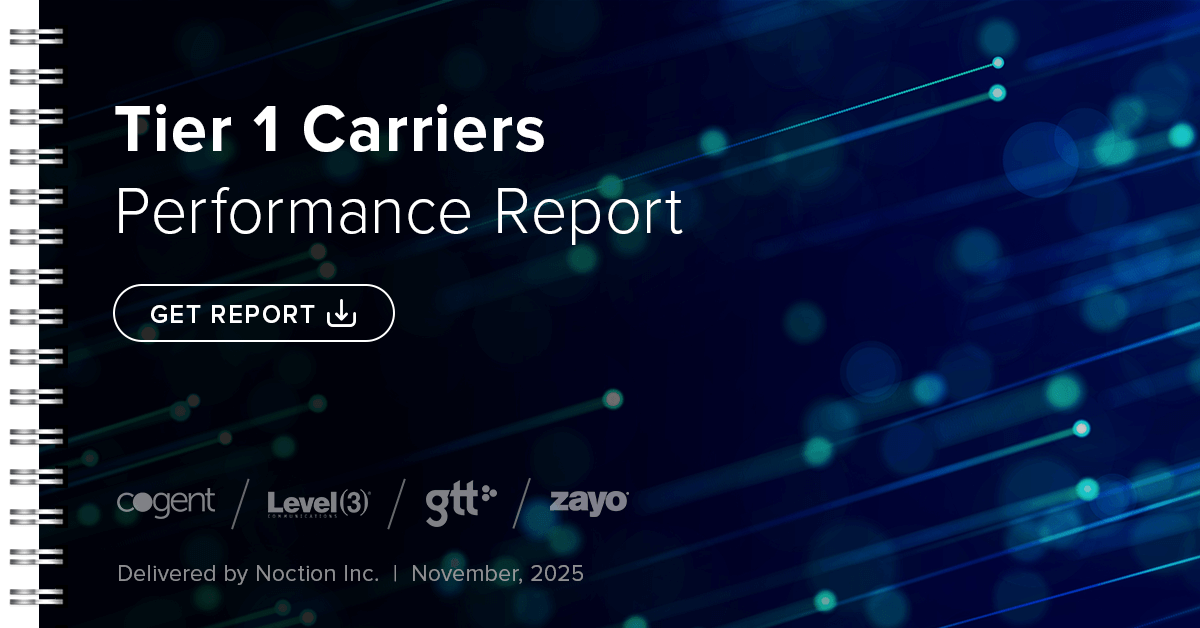← Intelligent Routing Platform overview
Leverage Network Bandwidth Costs
Generate massive cost savings by controlling and intelligently balancing traffic among the connected ISPs. Noction IRP incorporates precedence structures into its policy models to adjust and keep predefined bandwidth commit rate levels for each provider link. This means lower 95th-percentile billing rates and increased headroom in the overall network.
Keep bandwidth costs under control
IP transit providers rarely price bandwidth at a simple flat rate. A standard pricing model is to offer tiered levels of bandwidth with a minimum commitment and a higher burstable amount. Burstable pricing means that transit costs are related to how much bandwidth a customer uses relative to its contract with the provider. Noction IRP addresses this by incorporating billing structures into its policy models to adjust and keep predefined bandwidth commit rate levels for each provider link.
Group ISPs for intelligent Load Balancing
The advanced Load Balancing feature allows for the distribution of network load evenly across diverse Internet service providers, reducing your 95th-percentile usage, hence the operational costs paid on a per megabit basis and expanding the amount of “cushion” to handle unpredictable traffic spikes more effectively. Proactively optimize and control routing based on business requirements by collectively managing separate Internet links, resulting in smarter, cheaper bandwidth.
Group ISPs for intelligent Load Balancing
The advanced Load Balancing feature allows for the distribution of network load evenly across diverse Internet service providers, reducing your 95th-percentile usage, hence the operational costs paid on a per megabit basis and expanding the amount of “cushion” to handle unpredictable traffic spikes more effectively. Proactively optimize and control routing based on business requirements by collectively managing separate Internet links, resulting in smarter, cheaper bandwidth.
Automatically shape Inbound Traffic
The Inbound Commit Control seamlessly automates most of your ingress traffic-shaping operations. It uses proven BGP mechanisms to instruct routers to adjust the advertisements of your network segments to upstream providers and, subsequently, the World. This, in turn, allows more traffic to lean toward some of your upstream providers and less toward others, as per your business objectives.
Optimize & Control Transiting Traffic
Transiting traffic optimization is an enhancement of the Inbound bandwidth optimization feature. It relies on the same method of influencing Internet-wide routing – automatically manipulating best path selection by increasing AS Path length for a prefix carrying traffic on an undesirable interface.
Control Transiting Traffic
Transiting traffic optimization is an enhancement of the Inbound bandwidth optimization feature. It relies on the same method of influencing Internet-wide routing – automatically manipulating best path selection by increasing AS Path length for a prefix carrying traffic on an undesirable interface.
Manage Global bandwidth utilization
Global Commit is designed for clients with multiple geo-locations, operating as independent networks from a functional point of view but under a single contractual agreement with their transit providers. Our Global Commit feature allows clients to balance local, regional, and global 95th agreements to ensure locations don’t over-exceed bandwidth commitments and, at the same time, don’t needlessly underutilize connectivity.
Related White Papers

White Paper
Learn how IRP can help you boost network performance and reduce operational costs by intelligently rerouting traffic across the internet.
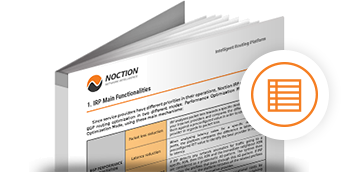
Product Datasheet
This document provides detailed software and hardware technical specifications of the Noction Intelligent Routing Platform.
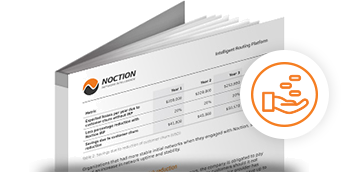
ROI White Paper
Thorough research unveils the return on investment that a typical Service Provider achieves as a result of deploying Noction IRP in its infrastructure.


